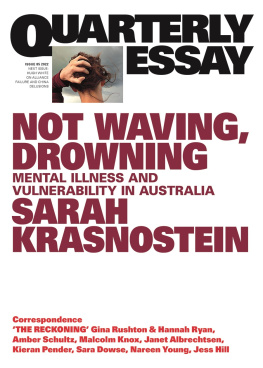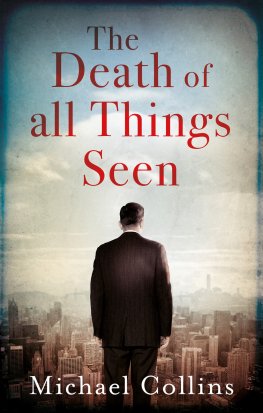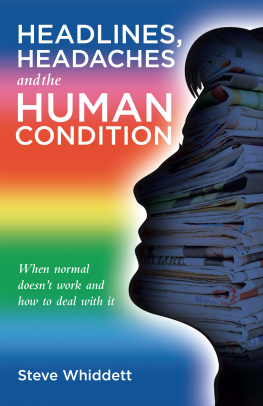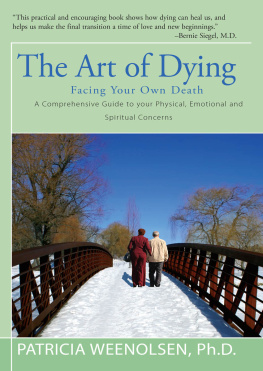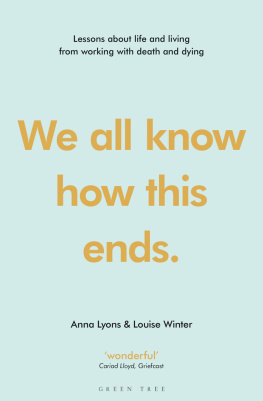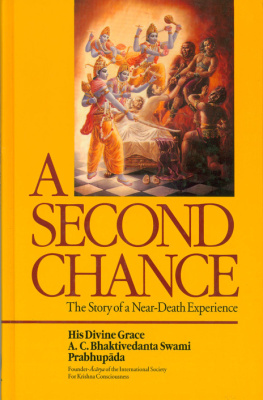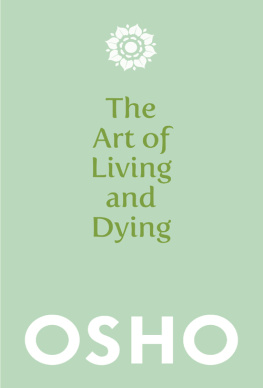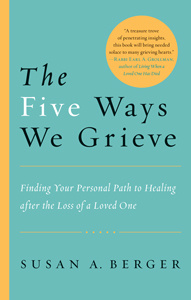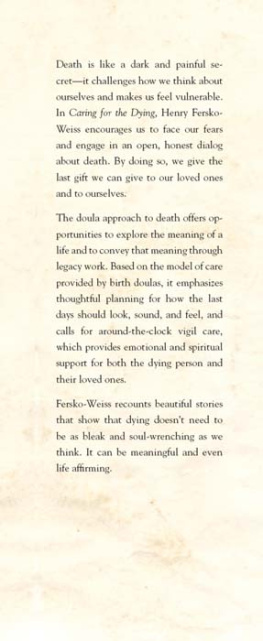
This is a work of nonfiction, researched and written
over a period of four years. For privacy purposes, the
following names have been changed:
Paranormal
Misha / Amber
Lee
Jessica
Evelyn
Paul
Marina
Luke
Bridget
The Death Doula
Carol
Halfway Home
Lynn
AJ
Theories of Flight
Neil
Prologue
Sarah
This book is about ghosts and gods and flying saucers; certainty in the absence of knowledge; how the stories we tell ourselves to deal with the distance between the world as it is and as wed like it to be can stunt us or save us.
The word distance comes from the Latin distantia, which means standing apart. We have invented numerous ways of measuring this apartness. Theres Euclidian distance (the shortest path between two points assuming the absence of obstacles), Manhattan distance (the number of blocks a taxi must travel to reach a destination in New York City assuming, delusionally, the absence of obstacles), Canberra distance (a less colorful metric for the distance between pairs of points in a vector space) and Chebyshev distance, which concerns itself with the moves of a king on a chessboard. We have painstakingly devised metrics for the distance between notes in a chord, strings of computing code, certain and possible events, periods of time, points in outer space and the magnitudes of removal between ourselves and the actor Kevin Bacon.
Psychological distance is a way of measuring the cognitive separation between ourselves and other people, events or times. It is the felt experience that something, or someone, is close to or far away from us, here and now. Which is to say that there is not a direct relationship between psychological distance and objective distancesomething far away in space or time can feel closer than something right beside us, and vice versa. Psychological distance is our superpower and our Achilles heel, a way of flying or falling.
Before it settled into dailiness, the phrase socal distancing would remind me of something I learned years ago about perspective in space while reclined between my husband and our eldest child under the domed roof of a planetarium: wherever plonked down in the vastness of the cosmos, the narration said, the viewer will perceive themselves to be at the center and this means the opposite of how it feelsthere is no center, the universe is more immense than we can possibly conceive, and it is moving away from us all the time.
Youre about to read six different stories, six different notes in the human song of longing for the unattainable. Their combination is the seventh note.
I didnt set out to find these stories. I stumbled on the first onea choir in a train station, as absurd as it was beautifuland this led me to the next and so on. But, of course, while meetings can be accidental, curiosity is not. Until we make the unconscious conscious, said Carl Jung, it will direct our lives and well call it fate.
In each case, I needed to understand them, these people I found unfathomable, holding fast to faith in ideas that went against the grain of more accepted realities. It may be accurate to say that I needed to get closer to something, someone, that felt very far away. That I believed maybe I could.
One of the lies writers tell themselves is that all things should be understood.
The Choir
Snow-blinding whiteness does not immediately come to mind when I think about the South Bronx. Once the habitat of the Yiddish-speaking Jews of my maternal grandfathers childhood, the neighborhood has longer been the domain of the Latino and Black families who arrived in search of the same security his father had arrived seeking. But when I climbed the stairs to change trains at 149th Street and Grand Concourse, there it was: an expanse of milky cheeks mottled red, like Czannes peaches, and corn-silk braids and platinum beards untethered to mustaches. From their dress, they appeared to be from a different time altogether: a full Mennonite choir, singing. And, despite the startling homogeneity of this choir of men and women, it also appeared as a pastel rainbow. The lavender and lemon, teal and pink of the womens homemade floor-length dresses reflected the sounds they were making, which were their own soft rainbow of harmony.
I stood there, frozen in the summer heat, too transfixed by the sound to wonder why. I could not take my eyes off them, the people of this bizarre choir. How confident they looked. How very nice it must be to stand shoulder to shoulder, to be one of those voices and therefore, somehow, all of those voices.
I was approached by one of the singing women who was, in fact, a blue-eyed girl of fifteen or sixteen, her blonde hair obediently smooth under the tiny white tent of her bonnet. Smiling, she handed me a tract. And when I took this booklet and thanked her, she said, smiling still, that it was important for me to be prepared. The end of days would come, she assured me, and it was coming.
Part 1
Below
And ghosts must do again / What gives them pain.
W. H. Auden, The Hard Question (1930)
1
The Death Doula
Katrina & Annie
This situation is not common, but it is the most mundane thing imaginable. To knock on someones door and be let in. To see your photos in their photos (wedding, school, holidays). To look at their teenage son and see your own son a decade on. To sit on their chair, by their fireplace, laughing. To use their bathroom and dry your hands on the towel still damp from their own clean hands.
This is also not common; also the most mundane thing imaginable. Katrina, fifty-nine, has a husband named Peter, three stepsons, one biological son. Katrina has a friend named Carol whom shes known for thirty-five years and on whose lap she is currently resting her blanketed feet. Katrina has a warm home, her own patch of sky over the deck out back, a lounge in which to sun herself, a full fruit bowl in the kitchen, some mild annoyance at Pete being behind with replacing the carpet in the front room. Also: cancer, blurred vision, light sensitivity, a racing heart, extreme nausea, the shakes. Katrina has, if shes lucky, six months left.
This is not common. It has taken a year to make contact with Katrina. It is, as you would expect, difficult to find a patient in palliative care who wants to make time to talk with me.
Use my name, Katrina says, directing me to throw another pine cone on the fire.

The first time I stumbled across the words death doula they clobbered me. Strong words made stronger by the drum of their alliteration, but that wasnt it. It was the startling directness about a matter that concerns us all, and which we talk about rarely and only in swerving euphemisms.
Not with us anymore, not long for this world, to pass away, to lose the battle with, to lose ones life... as though it were a wallet in the back seat of a taxi driving away.
I liked that frankness and I feared it. Also, I had no real idea what the term meant. I understood vaguely what death doulas must do only because I was familiar with birth doulas: trained professionals who provide emotional, physical and educational support to mothers before, during and after labor. Thirty-eight years old and an entire profession a mystery.
You know that Leonard Cohen song? Annie Whitlocke asked me early on. Where theres a crack thats where the light comes in? Well, where theres a crackat the hospital, with the doctors, in the familythats where the death doula comes in.
Next page

